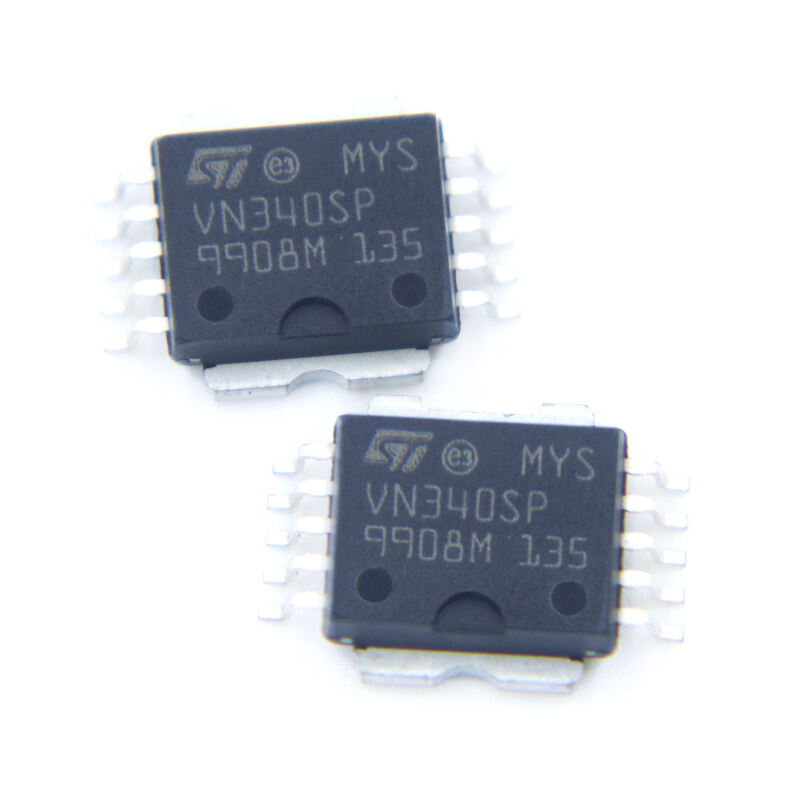The Function Of Power Management Chips In Modern Devices
Modern gadgets need power management chips to function optimally in our rapidly changing modern world. These units help regulate and manage the amount of electrical energy required for electronic appliances to function sustainably and with longevity.
Power Management Integrated Circuits (PMIC) or Power Management Chips are made precisely for efficient control over power dispensed, load charging and conversion within electronic systems. This is a fact that has become even more pronounced due to the increase in demand for portable devices that will be limited by their battery life. For example, PMIC’s are crucial components which enable maximum battery life on mobile phones, tablets, laptops and other wearable electronics.
Among many others things it does, one of the functions of a power management chip is to regulate voltage and current coming into various parts of an appliance. They save electricity by varying levels of energy depending on its requirements at any given moment hence avoiding overheating thus making energy efficiency for a device better. In portable applications this matter is highly significant since battery life is one factor that really affects satisfaction among users.
Moreover, these chips also play an important role in fast charging batteries safely. Advanced Power Management ICs incorporate temperature sensors, voltage regulators as well as current controlling abilities preventing damage to batteries during quick recharge times. Presently, there is an aggressive market trend towards quick charge solutions showing the importance of effective power management chips responsible for making charging faster without bringing about delays associated with slow charges.
In addition, these elements optimize overall system dependability; enhance performance while protecting it from total failure cases through best use in low-power modes among other things like standby mode when not using the system actively thereby ensuring that different modes can be switched seamlessly. For instance most microcontrollers have built-in features that protect them in case of over-voltage surge, short circuiting or any form of damage such as many others. Besides, switching between modes like low-power, active and stand-by becomes much easier through the use of these boards.
The significance of power management chips goes beyond consumer electronics to encompass automotive electronics, industrial equipment and Internet of Things among other applications. Thus any device interconnectivity requires efficient power management for either one to operate well. This has prompted PMIC innovations that meet different industries’ needs.
The progress in technology is reshaping electronic devices hence there will be need to focus on energy efficient methods for managing these changing environments which can deliver highest results possible in terms of user experience.


 EN
EN
 AR
AR
 BG
BG
 HR
HR
 CS
CS
 DA
DA
 NL
NL
 FI
FI
 FR
FR
 DE
DE
 EL
EL
 HI
HI
 IT
IT
 JA
JA
 KO
KO
 NO
NO
 PL
PL
 PT
PT
 RO
RO
 RU
RU
 ES
ES
 SV
SV
 TL
TL
 IW
IW
 ID
ID
 LV
LV
 SR
SR
 SK
SK
 SL
SL
 UK
UK
 VI
VI
 HU
HU
 MT
MT
 TH
TH
 TR
TR
 FA
FA
 AF
AF
 MS
MS
 GA
GA



